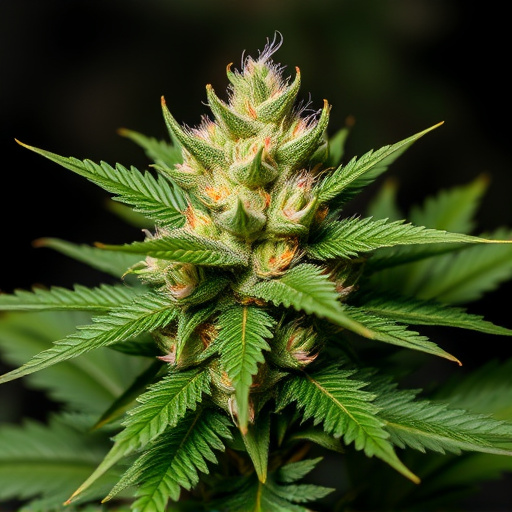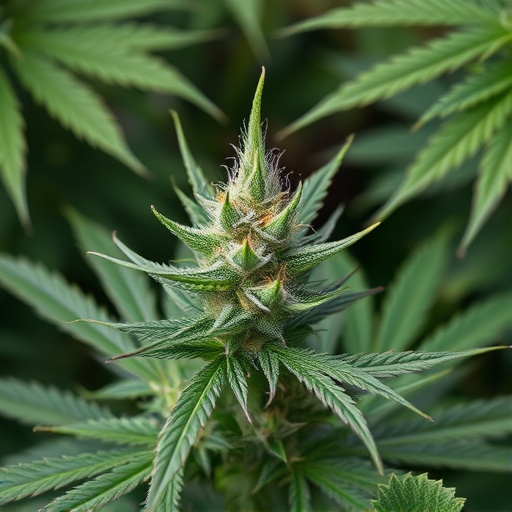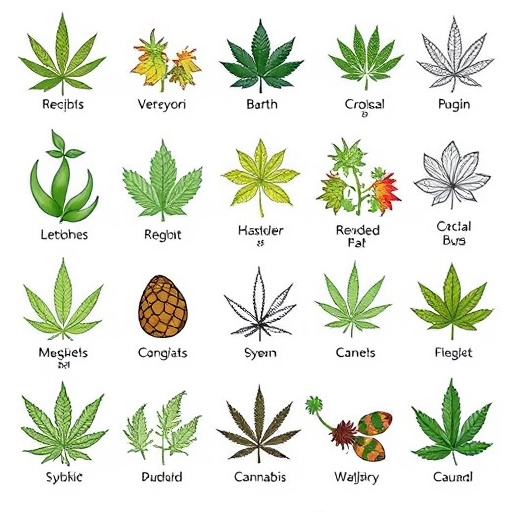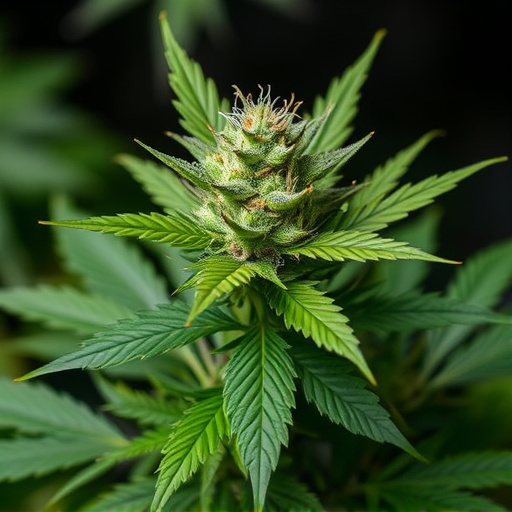The article explores the relationship between cannabis, particularly its flower form, and mood alterations, emphasizing the significance of understanding how different medical strains interact with the body's endocannabinoid system. Medical strains enriched with THC and CBD have gained attention for managing stress and mood, offering potential benefits like calmness and reduced anxiety. However, individual responses vary, necessitating a cautious approach including low doses, appropriate strain selection, monitoring reactions, and professional consultation before integrating cannabis into stress management routines.
Cannabis flower, with its diverse compounds and terpenes, has been a subject of interest for its potential impact on mood and stress. This article explores how different strains affect mental health, focusing on the role of medical strains in managing stress-related disorders. We delve into the scientific evidence supporting its use, considering both benefits and cautions for consumers, particularly those interested in leveraging the therapeutic properties of medical cannabis strains.
- Understanding the Impact of Cannabis on Mood and Stress
- The Role of Medical Strains in Managing Mental Health
- Potential Benefits and Considerations for Users
Understanding the Impact of Cannabis on Mood and Stress
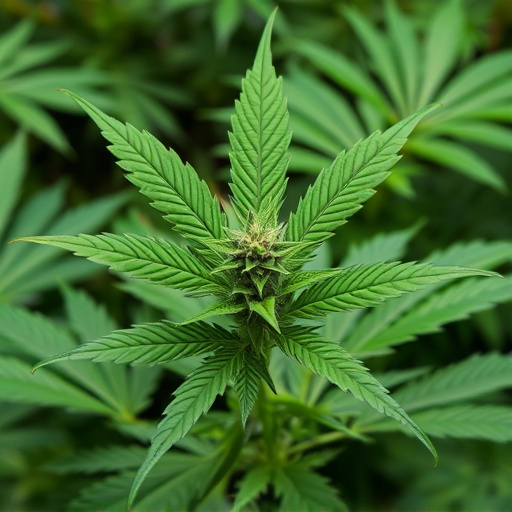
Cannabis, particularly its flower form, has long been associated with mood alterations and stress relief. Understanding how different medical strains of cannabis interact with our bodies’ endocannabinoid system is key to unlocking this relationship. This complex system plays a pivotal role in regulating various physiological processes, including mood, memory, appetite, and perception of pain.
The impact of cannabis on mood and stress can vary greatly depending on the strain’s unique chemical composition, primarily its concentrations of THC (tetrahydrocannabinol) and CBD (cannabidiol). THC is known for its psychoactive effects, inducing feelings of euphoria and relaxation. In contrast, CBD has gained attention for its potential therapeutic benefits, including anxiety reduction and mood stabilization, without the intoxicating effects of THC. Exploring these variations can help individuals choose specific medical strains of cannabis to manage stress and enhance overall well-being.
The Role of Medical Strains in Managing Mental Health
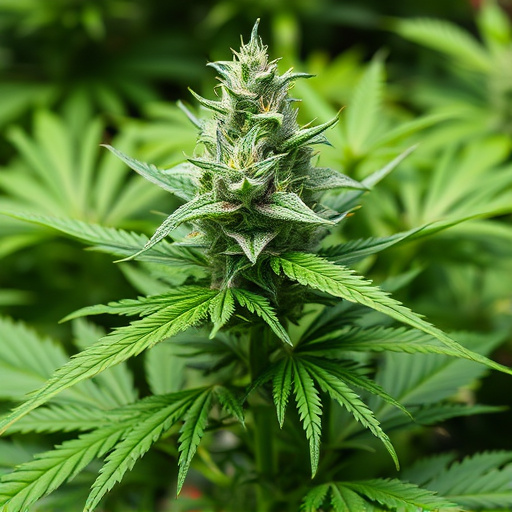
The medical strains of cannabis have gained significant attention for their potential in managing mental health conditions, offering a promising alternative to conventional treatments. These specifically cultivated varieties contain elevated levels of therapeutic compounds like CBD (Cannabidiol) and specific terpenes, which are known to interact with the endocannabinoid system in our bodies. This interaction can positively influence mood, reduce anxiety, and alleviate symptoms associated with stress and trauma.
Research suggests that medical strains can help individuals dealing with conditions such as depression, post-traumatic stress disorder (PTSD), and generalized anxiety disorder (GAD). The effects are often reported to be calming, uplifting, and soothing, providing a sense of relaxation and mental clarity without the psychoactive high associated with recreational cannabis. As such, medical strains offer a nuanced approach to addressing mental health, complementing traditional therapeutic methods and potentially improving overall well-being.
Potential Benefits and Considerations for Users
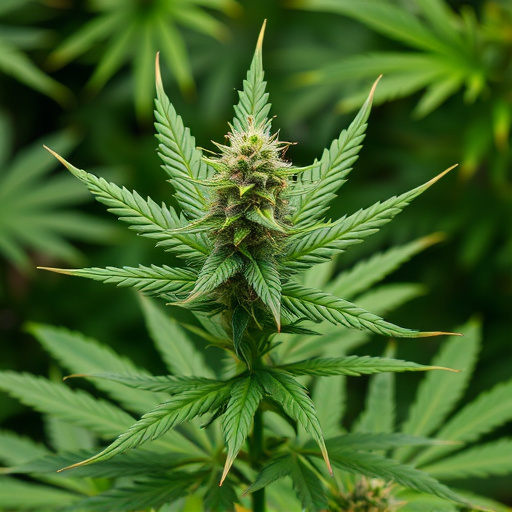
The medical strains of cannabis have gained attention for their potential benefits in managing mood and stress. Several studies suggest that certain compounds, such as THC (tetrahydrocannabinol) and CBD (cannabidiol), can interact with our endocannabinoid system to produce calming effects, reduce anxiety, and improve overall well-being. Users often report feeling more relaxed, at ease, and even euphoric after consuming cannabis flower, which may help alleviate symptoms of stress and depression.
However, it’s crucial to consider that the effects can vary greatly among individuals due to factors like strain potency, consumption method, and personal tolerance. Some users might experience heightened anxiety or paranoia, especially with higher THC content. It’s essential for consumers to start with lower doses, choose strains suitable for their needs, and monitor how they feel to ensure a positive experience. Consulting with healthcare professionals before incorporating cannabis into stress management routines is also recommended for guidance and safety.
Cannabis flower’s effect on mood and stress is a complex interplay between individual biology, strain composition, and consumption methods. While medical strains offer promising benefits in managing mental health conditions like anxiety and depression, it’s crucial to approach cannabis use with informed awareness. Further research and personalized guidance from healthcare professionals are essential to harness the potential of medical strains while navigating their complexities and considerations.


